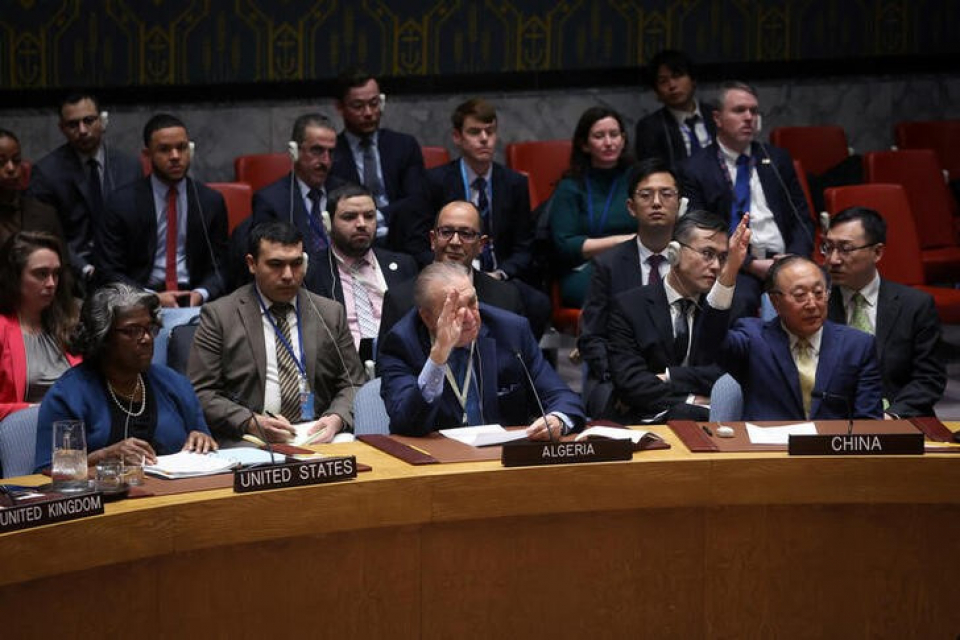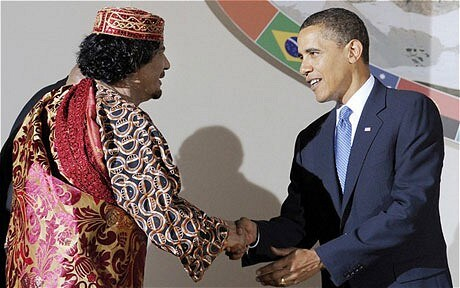In a significant diplomatic move, Russia and China utilized their veto power to block a US-drafted resolution in the UN Security Council, which called for, albeit indirectly, a ceasefire in the ongoing Israeli military campaign in the besieged Gaza Strip.
With eleven members of the 15-member Security Council voting in favor of the resolution and Guyana abstaining, the votes of Russia and China, both permanent members, acted as vetoes, effectively thwarting the resolution's passage.
Russia's UN Ambassador, Vassily Nebenzia, voiced support for an immediate ceasefire but criticized the resolution's language, asserting that it fell short by not directly demanding cessation of hostilities. Nebenzia warned that voting for the resolution would bring disgrace upon Security Council members.
China's representative, Zhang Jun, echoed similar sentiments, denouncing the resolution for sidestepping the central issue of a ceasefire and offering no concrete plan for its realization in the short term.
Algeria's rejection of the resolution highlighted concerns over its failure to demand an immediate ceasefire, with the Algerian Ambassador emphasizing that the text lacked a clear message of peace and essentially allowed the continued killing of Palestinian civilians.
Meanwhile, amidst these developments, the elected members of the Security Council are working on a separate resolution that directly demands a ceasefire. However, US envoy Linda Thomas-Greenfield has warned of a potential veto if this alternate resolution is presented for a vote. She cited concerns that it could disrupt ongoing negotiations in Qatar aimed at securing a ceasefire in exchange for the release of Israeli captives held by Hamas.
The US-sponsored resolution comes amid escalating tensions in Gaza, triggered by Hamas' Operation Al-Aqsa Storm in response to longstanding Israeli aggression against Palestinians.

















